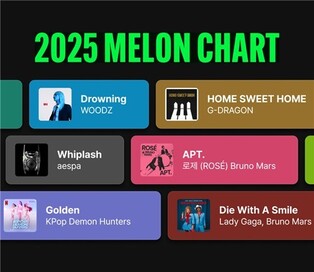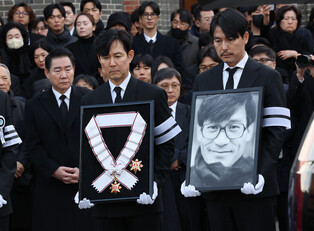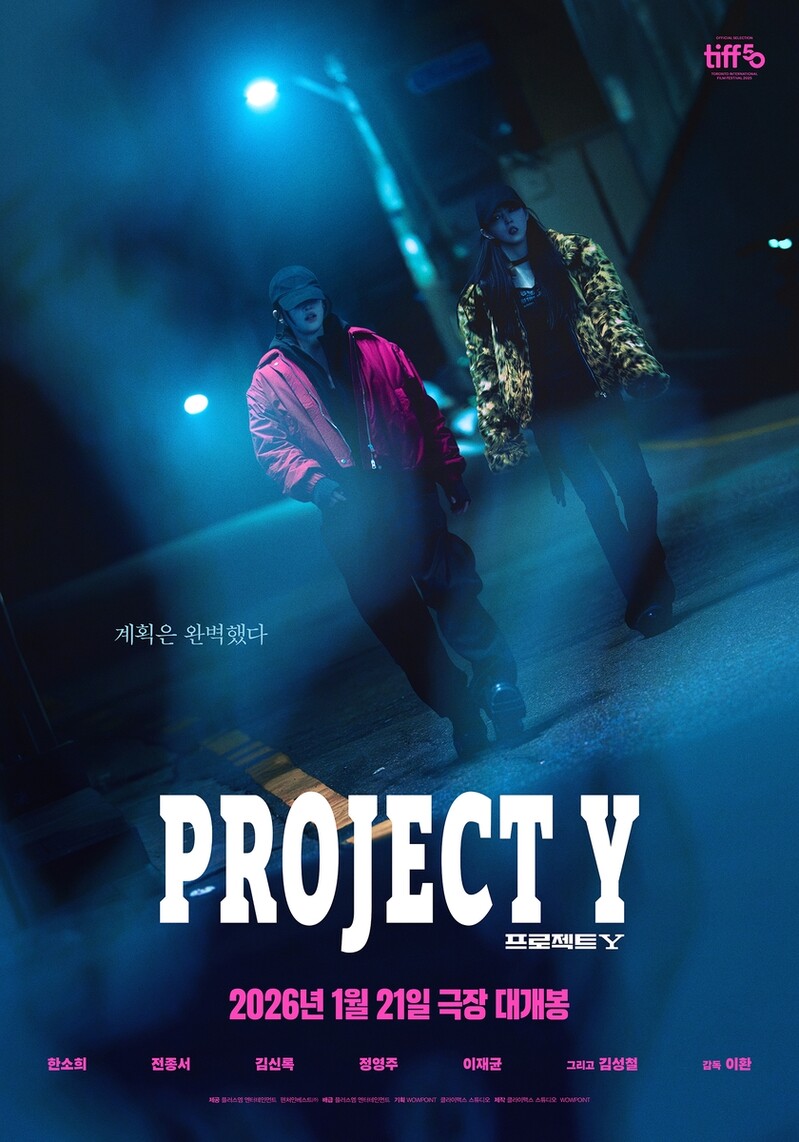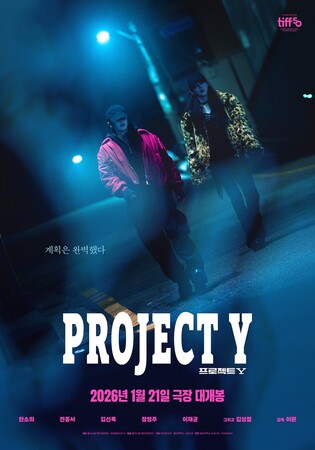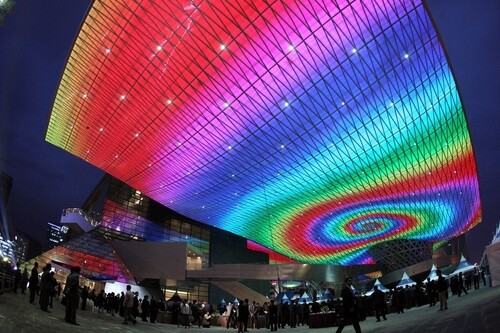 |
| ▲ This undated file photo shows the Busan Cinema Center in Haeundae, Busan, southeastern South Korea. (Yonhap) |
By Woo Jae-yeon
BUSAN, Sept. 17 (Yonhap) -- Three decades ago, Busan was known for its industrial might and scenic beaches, not for cinematic arts. To most, the idea of Busan hosting a major cultural event, let alone one of Asia's most significant film festivals, would have seemed unlikely.
Yet in 1996, a passionate group of cinephiles ignited a transformation that would redefine the identity of the country's second-largest city. They launched the Busan International Film Festival (BIFF) with a focus on discovering and promoting Asia's emerging filmmakers.
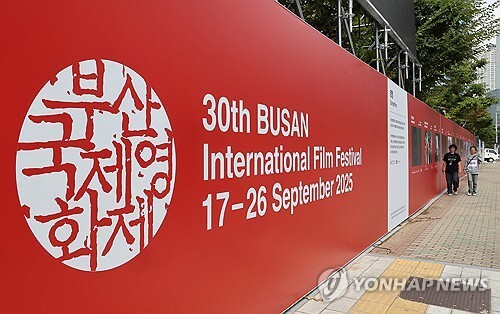 |
| ▲ People walk past a signboard for the Busan International Film Festival near the Busan Cinema Center in Haeundae, Busan, southeastern South Korea, on Sept. 15, 2025. (Yonhap) |
The inaugural event, which ran from Sept. 13-21, showcased approximately 170 films from 31 countries and invited over 200 guests from overseas. This ambitious debut signaled the festival's intent to become a hub for Asian cinema and demonstrated the country's growing cultural openness.
In the years that followed, BIFF has established itself as one of the continent's most influential and celebrated film festivals, serving as a crucial launchpad for many Asian directors and a key marketplace for the regional film industry.
 |
| ▲ In this file photo, actress Jeon Do-yeon (L) and director Lee Chang-dong attend a Q&A session for "Secret Sunshine" at a theater in the southeastern city of Busan on Oct. 7, 2007. (Yonhap) |
Many of South Korea's most celebrated directors today introduced their early works at the festival. Lee Chang-dong, who would later direct "Secret Sunshine" and "Burning," premiered his second feature film, "Peppermint Candy," as the festival's opening film in 1999. The following year, "Parasite" director Bong Joon-ho screened his feature debut, "Barking Dogs Never Bite," at the 2000 festival. Yeon Sang-ho premiered his animated film, "The King of Pigs," at the 2011 BIFF, where it swept three awards, helping launch the director's celebrated career.
The festival's eye for talent expanded across Asia.
Chinese director Jia Zhangke won the New Currents Award -- a prize for exceptional emerging Asian directors -- at the 1998 edition for his debut feature, "Xiao Wu." He has since become a towering figure in world cinema, with his 2006 film "Still Life" winning the Gold Lion at the Venice Film Festival. At last year's BIFF, he showcased his romance drama film "Caught by the Tides."
Thai director Apichatpong Weerasethakul, whose 2000 debut feature, "Mysterious Object at Noon," was introduced to BIFF audiences, is another example of a filmmaker who gained early recognition in Busan. He later solidified his international reputation by winning the Palme d'Or, the highest prize at the Cannes Film Festival, in 2010 for "Uncle Boonmee Who Can Recall His Past Lives."
Over the decades, a wide range of distinguished international guests, including Taiwanese director Hou Hsiao-hsien, American filmmaker Oliver Stone, French actress Juliette Binoche and French American actor Timothee Chalamet, have visited the festival, helping elevate BIFF's global profile.
To accommodate its growing audience, the Busan Cinema Center opened in Haeundae in 2011. This dedicated, permanent home not only holds significant cinematic importance but also stands as a major cultural landmark for the city.
BIFF's rise as a formidable force in the film world, however, has not been without challenges. One of its most high-profile difficult moments came in 2014, when the festival faced political pressure to cancel the screening of "The Truth Shall Not Sink with Sewol."
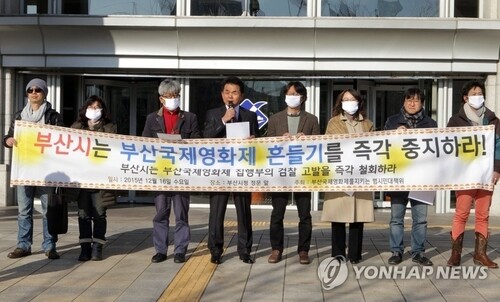 |
| ▲ In this file photo, members of a civic group hold a press conference in front of Busan City Hall in the southeastern city of Busan, urging the city to withdraw its criminal complaint against Busan International Film Festival director Lee Yong-kwan on Dec. 16, 2015. (Yonhap) |
The documentary critically examined the government's botched rescue operations during the Sewol ferry disaster, where more than 300 people -- mostly high school students on a school field trip -- died. Asserting its independence and commitment to freedom of expression, BIFF proceeded with the screening. In what was widely seen as retaliation, the government slashed its funding and initiated audits, sending BIFF into a period of turmoil. The case sparked an outcry from filmmakers and cultural figures who rallied in support of the festival's autonomy.
Now, as it marks its 30th anniversary, BIFF is posed to begin a new chapter as a leader in Asian cinema. This year, it introduces the Busan Awards, a new competitive segment featuring 14 Asian films. Awards will be presented in five categories: Best Film, Best Director, Best Actor/Actress, the Special Jury Award and the Artistic Contribution Award.
BIFF said this newly established section will uphold the festival's founding vision of discovering and promoting excellent Asian films, while offering "a new perspective on Asian cinema through an Asian lens."
(C) Yonhap News Agency. All Rights Reserved





















